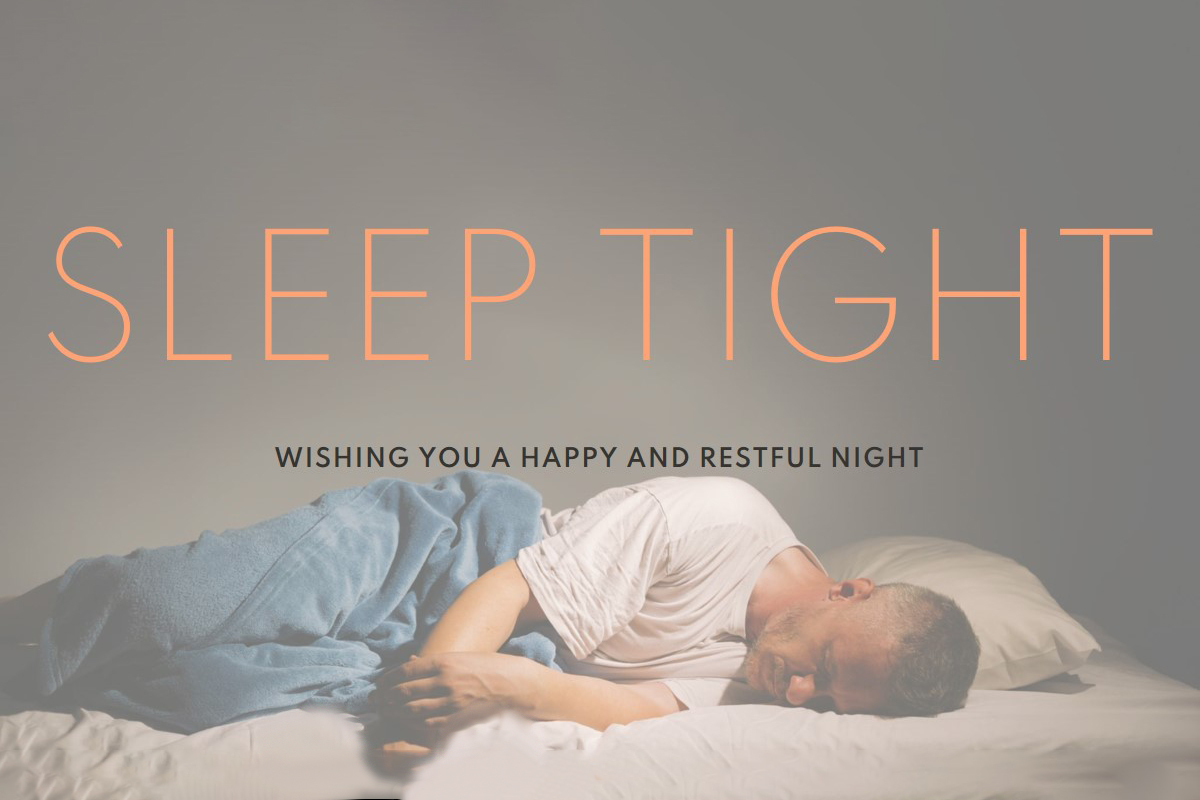
Alzheimer’s Misdiagnosis # 5: Lyme Disease
DIAGNOSIS VIDEO + ARTICLE:
Country music legend Kris Kristofferson Alzheimer’s misdiagnosis ruined his career. Turned out he had Lyme disease. Learn about his remarkable recovery and the signs to look for.

DIAGNOSIS VIDEO + ARTICLE:
Country music legend Kris Kristofferson Alzheimer’s misdiagnosis ruined his career. Turned out he had Lyme disease. Learn about his remarkable recovery and the signs to look for.

DIET: MAGNESIUM appears to do more to maintain brain health, prevent cognitive impairment (CI), and fight Alzheimer’s Disease (AD), than previously thought. Learn how.

VIDEO + ARTICLE: People who get more REM sleep get less dementia. REM sleep is when dreaming occurs. Learn about the stages of sleep and their dementia links.

Aphasia affects a person’s ability to communicate. It affects language functions, such as speaking, understanding what others say, and naming common objects. Learn its causes, types and a few tips.

An intriguing study of 120 grandmothers might surprise you. Doctors know socially engaged people have better cognition and less dementia. But can a person get too much of a good thing? What’s the right balance?

If you couldn’t see your mashed potatoes, you probably wouldn’t eat them. That’s why what “The Red Plate Study” found was astonishing! Alzheimer’s patients eating from red plates consumed 25 percent more food than those eating from white plates. Find out why.

Enjoy this great duet between a musician with dementia and his son. A triumph of spirit over Alzheimer’s! Sing-a-long if you like!

It looks like a sneeze cannot give anyone Alzheimer’s. While Alzheimer’s abnormal disease proteins do spread from cell-to-cell, they are not “infectious”. Check out the facts.
No spam, only news and updates.



This site was inspired by my Mom’s autoimmune dementia.
It is a place where we separate out the wheat from the chafe, the important articles & videos from each week’s river of news. Google gets a new post on Alzheimer’s or dementia every 7 minutes. That can overwhelm anyone looking for help. This site filters out, focuses on and offers only the best information. it has helped hundreds of thousands of people since it debuted in 2007. Thanks to our many subscribers for your supportive feedback.
The site is dedicated to all those preserving the dignity of the community of people living with dementia.
Peter Berger, Editor